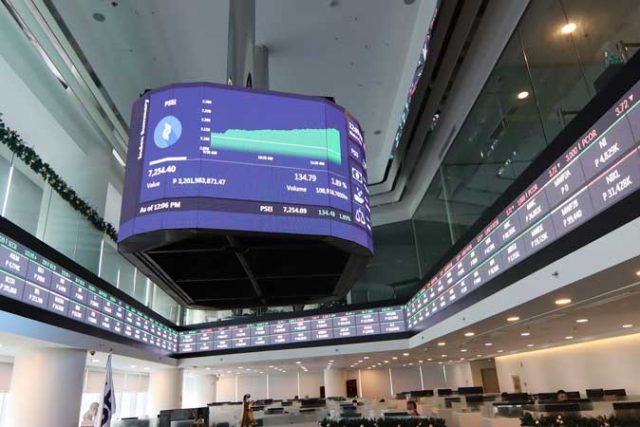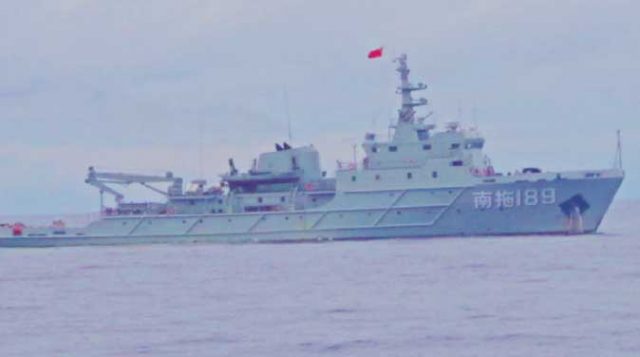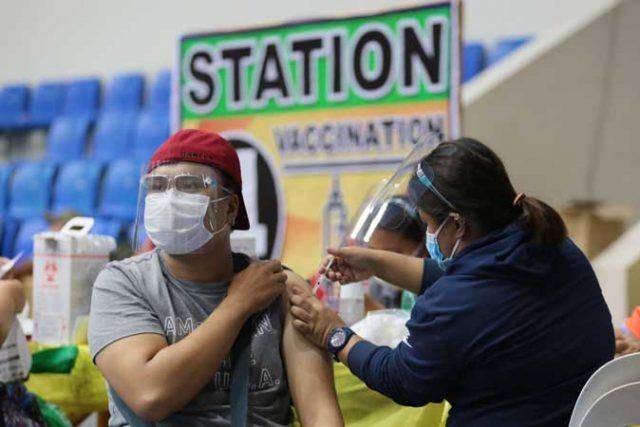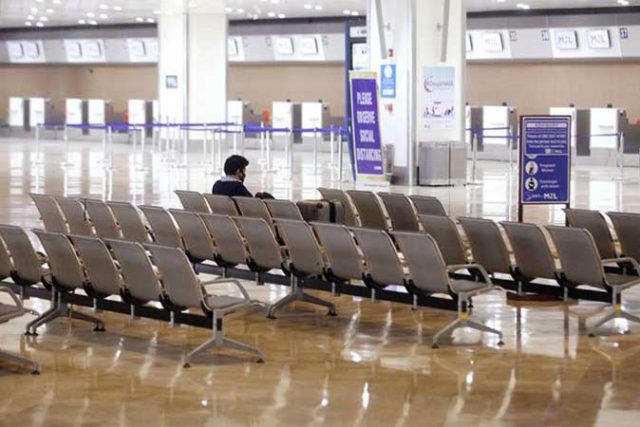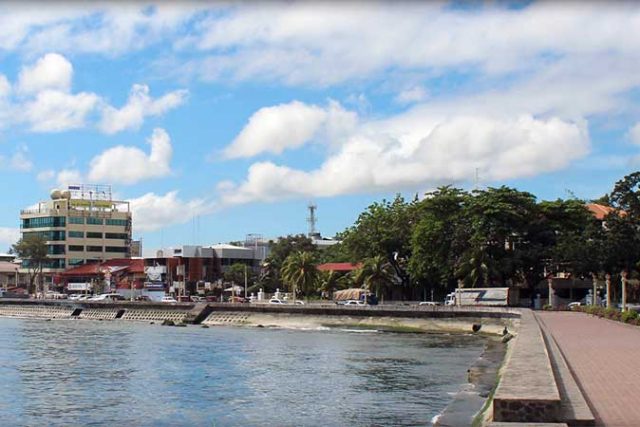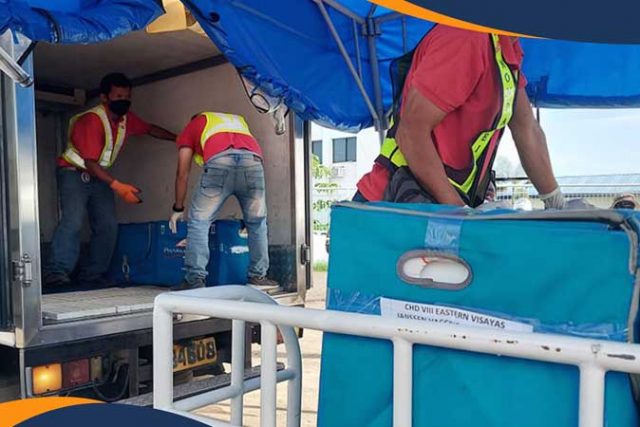VAT on sale of services to PEZA RBEs
The imposition of 12% Value-Added Tax (VAT) on local purchases of PEZA-registered enterprises continues to attract debate and draw concerns. The Bureau of Internal Revenue (BIR) issued Revenue Regulations (RR) No. 9-2021 stating that certain sales which were previously considered zero-rated for VAT are now subject to 12% VAT. This RR implements the provisions of Republic Act (RA) No. 10963 or the Tax Reform and Acceleration and Inclusion (TRAIN) Act.
In compliance with the RR, the Philippine Economic Zone Authority (PEZA) recently issued a memorandum directing the imposition of 12% VAT on its transactions with registered business enterprises (RBEs).
Prior to the passage of the TRAIN Law, sales to PEZA-registered entities were zero-rated as clarified under Revenue Memorandum Circular (RMC) No. 74-99. Under RMC No. 74-99, all sales of goods, properties, and services made by a VAT-registered supplier from the customs territory to any registered enterprise operating in the ecozone are subject to VAT at 0%, regardless of the latter’s type or class of PEZA registration (e.g., ITH or 5% GIT).
However, with the enactment of the TRAIN Law and the supposed fulfillment of conditions outlined under this law, the sale of goods to certain exporters is now subject to 12% VAT. This is explicitly provided in RR 9-2021 which stated that those considered export sales under EO 226 and other special laws are no longer subject to 0% VAT but to the 12% VAT.
On the other hand, the sale of services made by VAT-registered suppliers, from the customs territory to PEZA-RBEs continue to enjoy VAT zero-rating since Section 108 (B)(3) of the Tax Code, as amended, was not deleted under the TRAIN Law. The section provides that services rendered to persons or entities whose exemption under special laws or international agreements to which the Philippines is a signatory effectively subject the supply of such services to the 0% rate. Thus, sales of services to PEZA-RBEs are still zero-rated for VAT even under the TRAIN Law and RR 9-2021. This was affirmed by the Supreme Court in the case of Commissioner of Internal Revenue vs. Toshiba Information Equipment (Phils.) Inc., (G.R. No.150154) where it was held that all sales of services to PEZA-registered enterprises made by VAT-registered suppliers from customs territory shall be treated effectively subject to the 0% VAT, pursuant to Section 108 (B)(3), in relation to the provision of R.A. No. 7916 and the Cross Border Doctrine of the VAT system. Thus, sale of service to PEZA-RBEs is still zero-rated for VAT even under the TRAIN Law and RR 9-2021.
However, with the introduction of the Corporate Recovery and Tax Incentives for Enterprises (CREATE) Law, VAT zero-rating of sale to RBEs, in general, is now be subject to conditions. Under the CREATE Law, the VAT zero-rating on local purchases by RBEs has been limited to apply only to goods and services directly and exclusively used in the registered project or activity. The Implementing Rules and Regulations (IRR) defined “direct and exclusive use” as raw materials, inventories, supplies, equipment, goods, services, and other expenditures necessary for the registered project or activity, without which the registered project or activity cannot be carried out. Therefore, if the sale of services by the VAT-registered supplier to the RBE is not directly and exclusively used in its registered project or activity, the local supplier may pass on the 12% VAT to the RBE.
The question now is whether the condition of “direct and exclusive use” will also apply to PEZA-RBEs. Is it possible that the condition will only apply to RBEs which are not located within an ecozone? The change in the rules introduced by CREATE is generating confusion among locators and their suppliers alike. If the condition applies indiscriminately to all RBEs including PEZA RBEs, it will seem that the concept of “separate customs territory” of the PEZA economic zone has been abandoned or disregarded.
In the 2016 case of Coral Bay Nickel Corporation vs. Commissioner of Internal Revenue, (G.R. No. 190506) the Supreme Court (SC) held that PEZA-registered enterprises are VAT-exempt entities, not because of Section 24 of Republic Act No. 7916, as amended, which imposes the 5% preferential tax rate on gross income of PEZA-registered enterprises, in lieu of all taxes, but rather, because of Section 8 of the same statute which establishes that ecozones are foreign territory.
Section 8 of Republic Act No. 7916 mandates that PEZA shall manage and operate the ecozone as a separate customs territory. The provision thereby establishes that an ecozone is a foreign territory separate and distinct from the customs territory. Accordingly, the sales made by suppliers from a customs territory to a purchaser located within an ecozone will be considered exports and thus, exempt from VAT.
The Philippine VAT System is premised on the Cross Border Doctrine and Destination Principle. Thus, RMC 74-99 reiterated that “no VAT shall be imposed to form part of the cost of goods destined for consumption outside of the territorial border of the taxing authority.” Therefore, imports are subject to VAT and exports are free from VAT. If the supplier of services is a VAT-registered taxpayer, sale of services to a PEZA-registered enterprise shall be subject to VAT at 0%.
It is worthwhile to note that Section 8 of RA 7916 which provides that ecozones shall be operated and managed as a separate customs territory has not been repealed. In fact, the CREATE Law defined special economic zones or ecozones as selected areas, operated and managed as separate customs territories.
Furthermore, assuming that the local supplier may now pass on the VAT to a PEZA-RBE, how will the PEZA-RBE recover the VAT imposed by a local supplier? Section 112 of the Tax Code, as amended, provides that only creditable input VAT attributable to zero-rated or effectively zero-rated sale transactions may be refunded.
If the PEZA-RBE is currently under an Income Tax Holiday (ITH) regime, the remedy is to claim a VAT refund as actual export sales are considered zero-rated. However, if the PEZA-registered entity is no longer under an ITH regime but enjoying the 5% tax in in lieu of all taxes, its export sales are VAT-exempt considering that the RBE is no longer VAT-registered.
In Section 9.236-2(6) of RR 16-05, as amended by RR 04-2007, PEZA and other ecozone-registered enterprises enjoying the preferential tax rate of 5% in lieu of all taxes are required to register as Non-VAT persons. In VAT Ruling No. 003-10, it was held that since a PEZA entity is subject to the 5% special tax regime, its gross receipts are not entitled to 0% VAT. Thus, PEZA-RBEs under 5% GIT may no longer be able to refund any unutilized input VAT passed on by their local suppliers. The input VAT will now form part of the cost of goods and services of the PEZA-RBEs. This will certainly affect the pricing of the manufactured goods and services of PEZA-RBEs which will ultimately impact its competitiveness in the world market. Also, to address the cost inequity, PEZA-RBEs may be forced to look for suppliers from abroad instead of sourcing from local suppliers because of the VAT differential, thus, creating a domino effect on the value chain and impacting a multitude of stakeholders.
Therefore, the proper determination of what are considered locally purchased goods and services that are directly and exclusively used in the registered project or activity of the RBE becomes very crucial. The question is whether this limitation applies to all local suppliers regardless of the location of the RBE. If so, does this mean that we are abandoning the concept of separate customs territory for ecozones?
While the IRR of the CREATE law provides this definition of “direct and exclusive use,” the taxpayers are still waiting for clearer and detailed guidelines that will help them implement the new VAT rules.
It is hoped that the subsequent issuances from the BIR will finally resolve all the issues and concerns surrounding the shift from 0% to 12% VAT and will bring to life the clear intent and purpose of the law. After all, the goal behind providing VAT reforms is to make the VAT system fairer and more efficient to encourage investment, job creation, and poverty reduction.
Let’s Talk Tax is a weekly newspaper column of P&A Grant Thornton that aims to keep the public informed of various developments in taxation. This article is not intended to be a substitute for competent professional advice.
Paraluman Andres-Neagoe is a director of Tax Advisory & Compliance division of P&A Grant Thornton, the Philippine member firm of Grant Thornton International Ltd.




